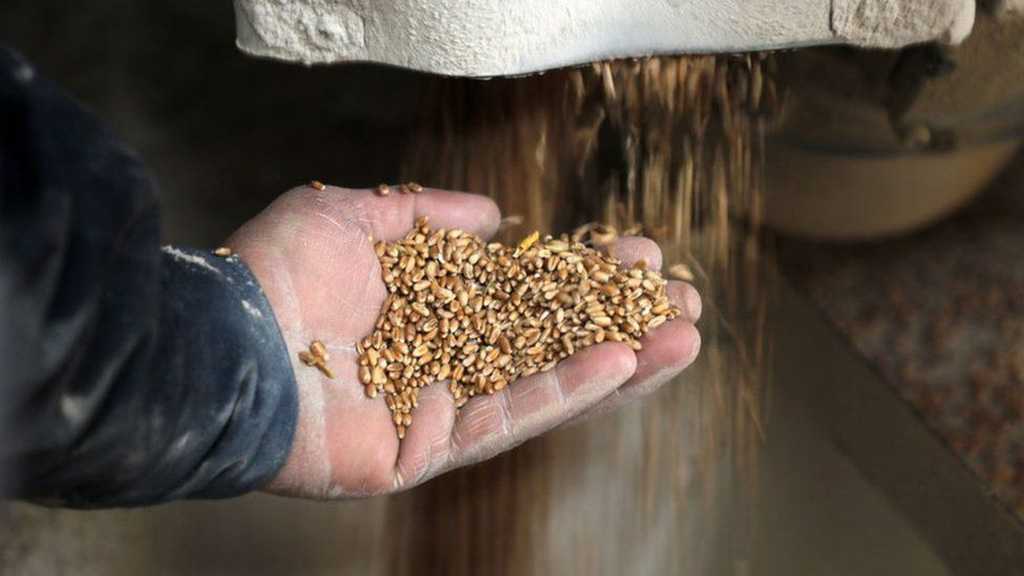World Bank: Food Prices Soaring in Developing World Amid Ukraine Crisis

By Staff, Agencies
Food inflation has soared across much of the developing world since Russia’s military offensive in Ukraine and has trapped several richer countries in a cycle of rising prices, a report by the World Bank has found.
The Washington-based development organization said the war in eastern Europe would hit many countries with an increase in food bills worth more than 1% of their annual national income [GDP], while others would fail to contain the impact and be plunged into a full-blown debt crisis.
Lebanon was the worst-hit, the World Bank said, after a food grain store explosion in Beirut two years ago crippled the Mediterranean country’s ability to hold and distribute maize and wheat to its 6.8 million people.
Food inflation there hit 332% in the year to June, ahead of Zimbabwe’s 255% increase and Venezuela’s 155%. Turkey was fourth with a food inflation rate of 94%.
The gap between Lebanon’s food inflation and general inflation – which produces a “real food inflation” figure – was lower, at 122%, but remained the worst rate in the world, mainly because spiraling energy costs pushed Lebanon’s general inflation rate above 150%.
A deal last month between Ukraine and Russia, brokered by Turkey and the United Nations, to allow container ships carrying cereals to leave Ukrainian ports helped bring commodity prices down.
World Bank figures showed a dramatic reversal of cereal prices on global markets since June and a steep fall in the price of other agricultural products to lows close to those seen last year.
On Monday, the Sierra Leone-flagged cargo ship Razoni left the Ukrainian port of Odesa carrying more than 26,000 tons of corn destined for Lebanon.
Rice has increased in cost over recent months, but from a low level during the pandemic that bucked the trend of historically high price levels for wheat, barley and maize.
Last week Bangladesh called on the International Monetary Fund [IMF] for financial support after an increase in the cost of imported food and energy threatened to undermine the south Asian countries finances.
Bangladesh is understood to need about $4.5bn [£3.6bn], though only $1bn-$1.5bn is available under current IMF arrangements.
Sri Lanka has already asked for a bailout from the Washington-based fund after running out of cash to buy vital imports, while a deal with Pakistan for a $6bn IMF loan was revived in June.
Low food prices have underpinned global growth in recent decades, offsetting the high cost to developing countries of servicing their debts and imports of fuel.
However, the World Bank said the shock increase in food prices over recent months was affecting most economies, including those with relatively high incomes.
“The share of high-income countries with high inflation has also increased sharply, with about 78.6% experiencing high food price inflation.
“The most-affected countries are in Africa, North America, Latin America, South Asia, Europe, and central Asia,” it said.
It also warned that large producers of grain, including France, Spain and Italy, would need to adjust to rising temperatures and uncertain weather patterns driven by the climate crisis to maintain high levels of production.
Comments
- Related News




